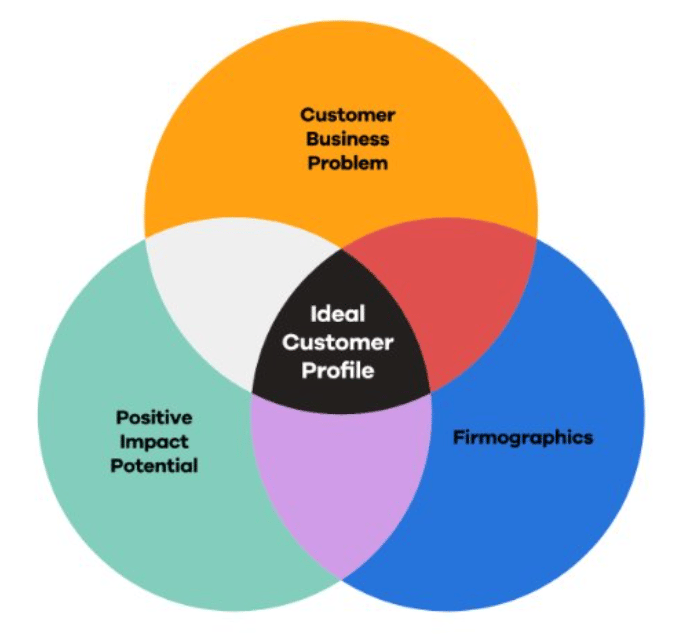
Outbound Prospecting
How to turn research Into revenue
Read Time = 3 minutes

Recently a VP messaged me wanting help building their outbound sales program.
The business was ~$10m in revenue but their BDRs struggled with consistency and quality when it came to building pipeline.
So he wanted help building a playbook.
I jumped on a plane and started reviewing process and messaging.
And I saw a common problem repeated by many growth stage companies.
You want outbound pipeline, but struggle to align the problems you solve to the person you’re reaching out to.
This leads to gaps in meetings scheduled, opportunities created and revenue.
If that sounds like you, you’re in the right place.
Over the next few weeks I'll share the playbook we built together.
Starting with outbound prospecting.
Let’s dive in.
Account Based Prospecting:
Whether you’re in the same boat or working further down market, I’d recommend an account based outbound approach.
This requires more research into org structure and processes on the front end.
However, it will lead to better conversion rates further down the funnel.
Look for for the invisible "power line" that divides decision-makers vs. influencers.
Then map your target accounts to identify where each contact falls:
Above the power line:
Authority to make decisions
Ability to create budget
Economic buyer
Below the power line:
Acutely dealing with pain points
Influencer in decision process
Not the contract signer

Top Down vs. Bottoms Up:
There are two strategies for conducting cold outreach to a new account.
Prioritize decision makers that sit above the power line (top down)
Begin by talking to influencers below the power line (bottoms up)
If you’re selling to companies over 100 employees, I prefer bottoms up.
Start by gathering information from influencers who experience the pain firsthand.
where are they spending more of their time?
how could this process be improved?
what tools and tech are they using?
Then share what you’ve learned with decision-makers who control budget.
align problems in their current process to your solution
share opportunities for automation and education
build credibility by showing your research

Illustration of bottoms up approach to prospecting
Lead with Problems:
People are more likely to run away from a problem than towards a solution.
For training reps, I use ChatGPT for building a buyer persona matrix:
What they care about = relatability
How they spend time = relevance
What they struggle with = problems
How onPhase can help = solutions

Results:
After 6 weeks the team was generating 1.5x more meetings per week.
More importantly, their qualified opportunity rate increased by 18%.
Over the next few weeks I’ll share the playbook we built together.
For now, use this post to build your strategy.
Until next Thursday,
TSG
P.S. I reply to all emails.
